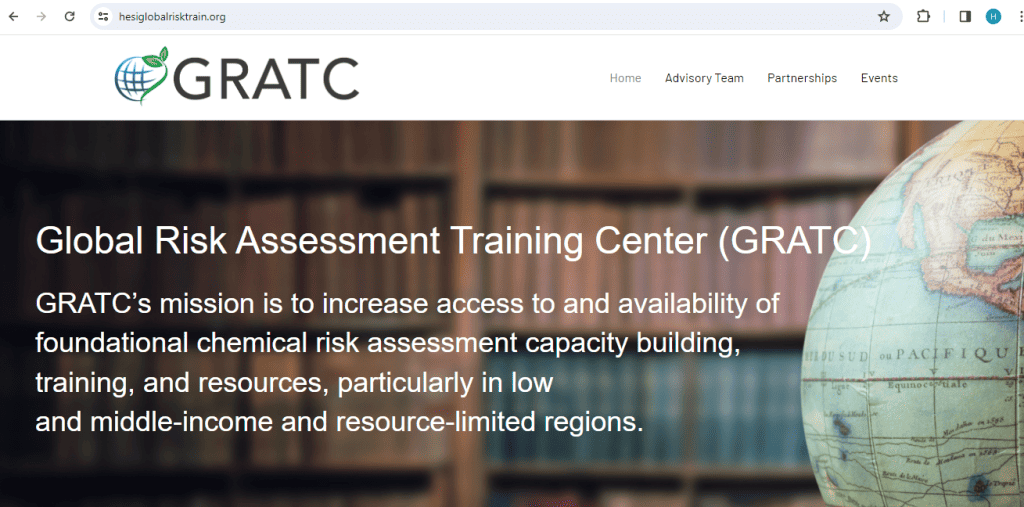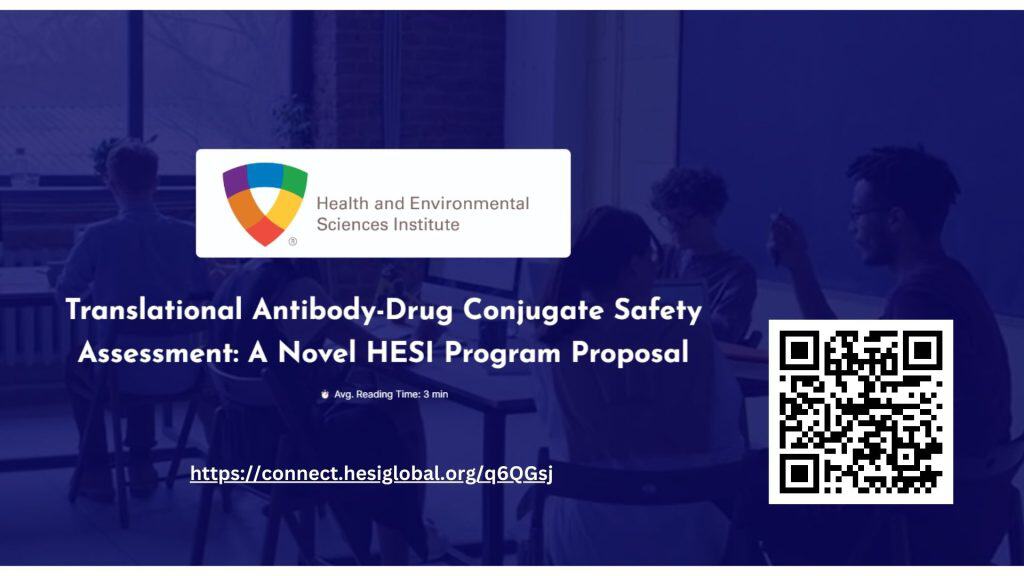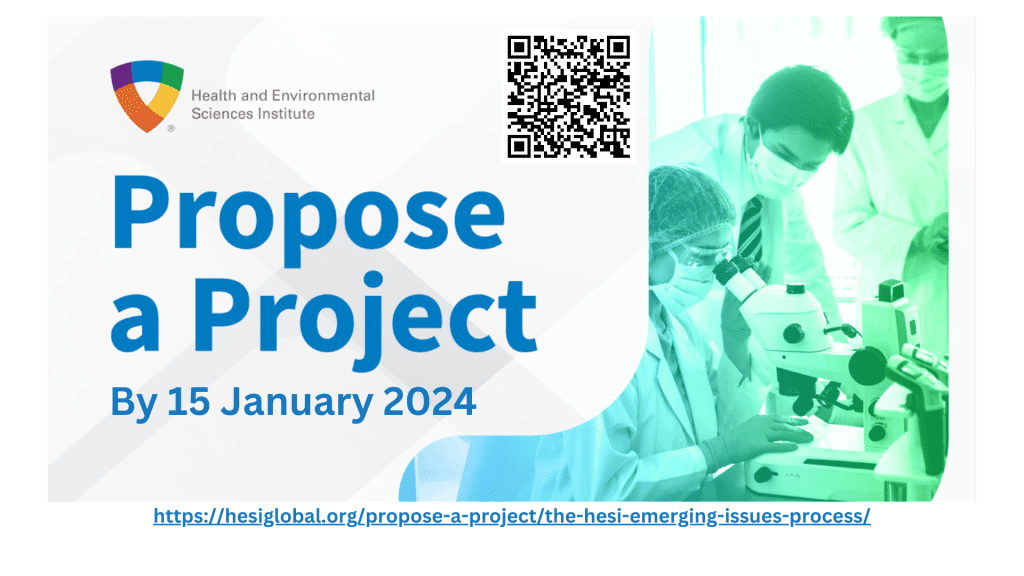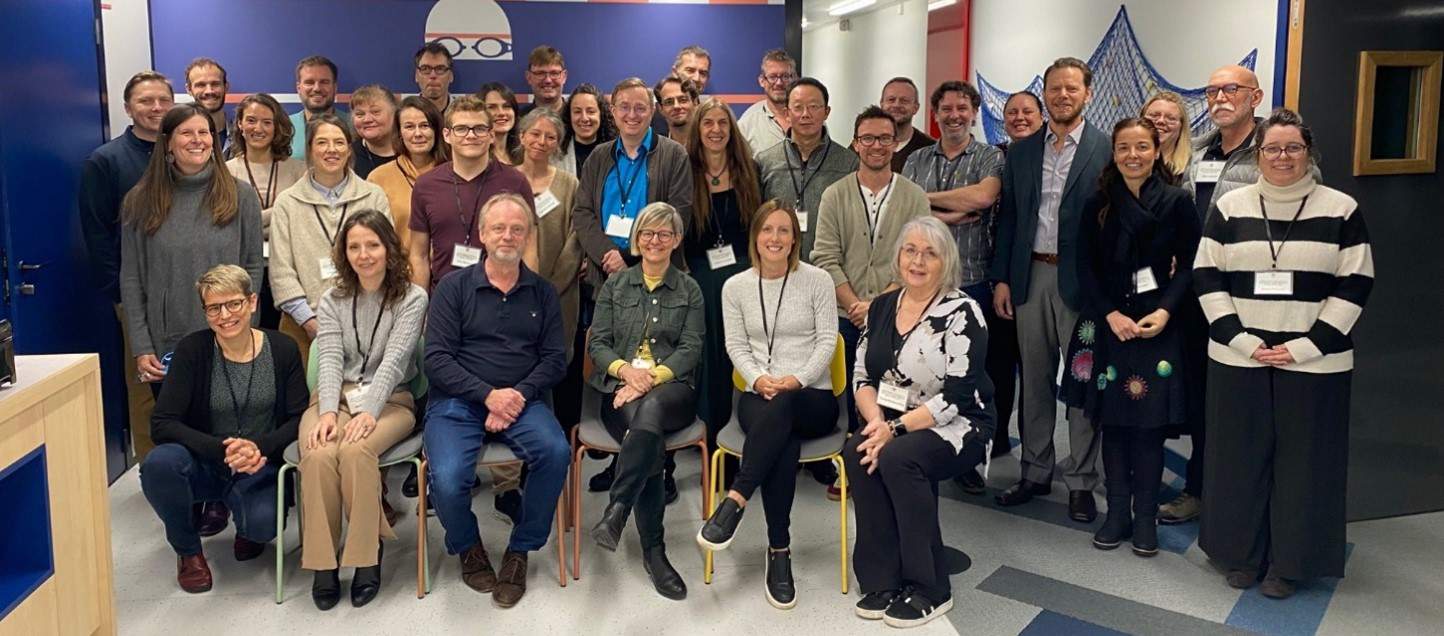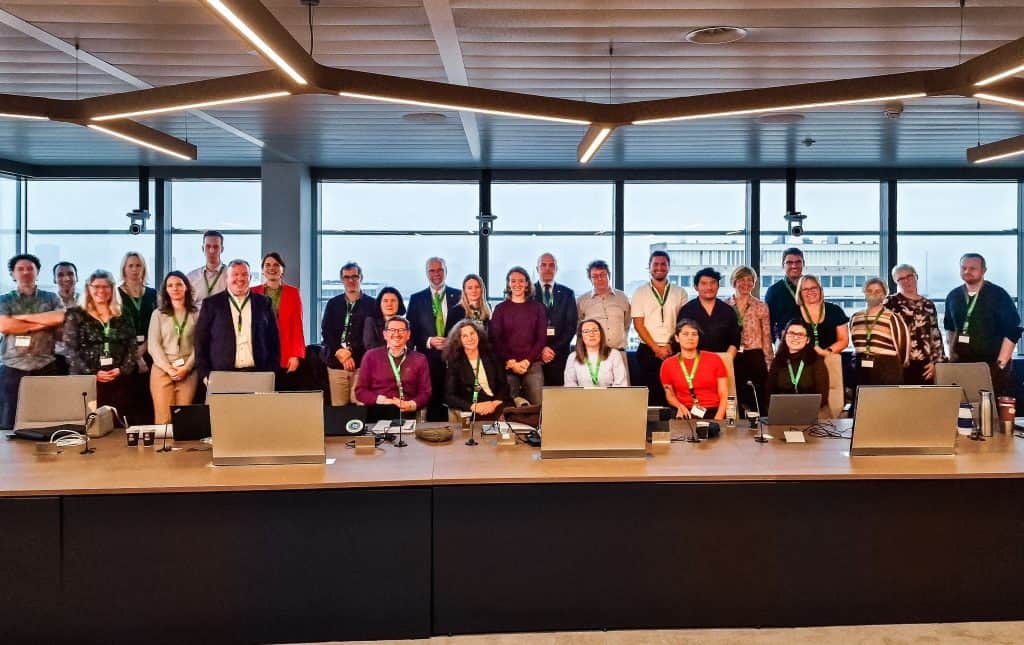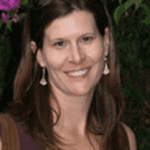HESI THRIVE is Accepting Letters of Intent for its Seed Grant Program
Improving quality of life after cancer
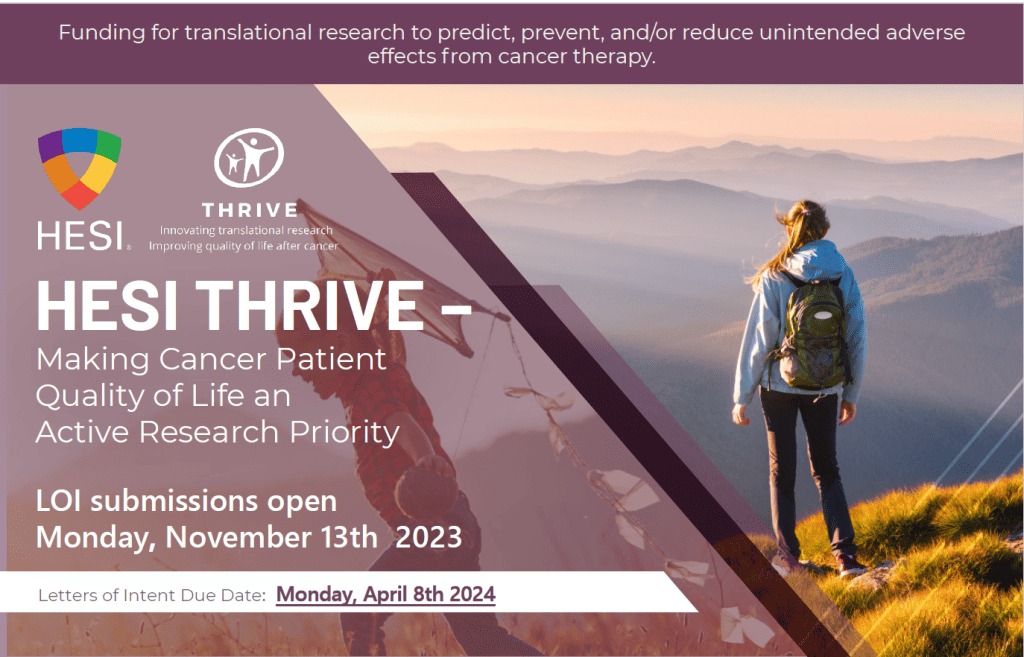
HESI THRIVE is a seed grant program that is innovating translational research and improving quality of life after cancer. By providing researchers with both seed funding and access to critical networks, THRIVE enhances the visibility of the patient need, the value of the research, and the reasons that larger funding entities might elect to incorporate these research streams into future funding priorities.
THRIVE provides seed grants for clinical and translational research and technology-based solutions that enhance our ability to predict when and how adverse effects may occur in patients who have received cancer treatment. The THRIVE grant program is designed to provide seed funding to investigators for the testing of initial hypotheses and collecting of preliminary data to help secure long-term funding by the National Institutes of Health (NIH) and/or other major institutions. For details on eligibility, funding, the application process, and key deadlines, please click here.
THRIVE will accept letters of intent from 13 November 2023 until 8 April 2024.
For more information, contact research@hesithrive.org.
HESI Cardiac Safety Paper Linked to UN Sustainable Development Goal
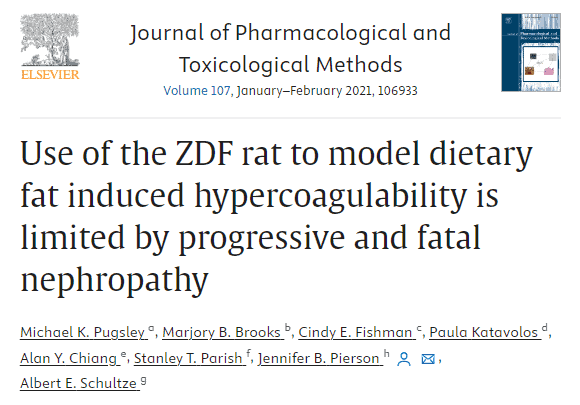
A 2021 publication by the HESI Cardiac Safety Committee titled “Use of the ZDF Rat to Model Dietary Fat Induced Hypercoagulability is Limited by Progressive and Fatal Nephropathy” has recently been linked to the United Nations Sustainable Development Goal 3: Ensure healthy lives and promote well-being for all at all ages. HESI is proud to be recognized for their contribution to building science for a safer, more sustainable world through cross-sector global collaborative initiatives.
The study (Pugsley et al., 2021. Journal of Pharmacological and Toxicological Methods) focused on the effects of high versus low dietary fat on the development of Type 2 diabetes in obese male ZDF rats, including biomarkers to detect early signs of hypercoagulability and vascular injury in the absence of overt thrombosis. Results showed that the ZDF rat at the age, sex and weight used in this study is highly sensitive to dietary fat content that can exacerbate prothrombotic, metabolic and renal disturbances and increase mortality.
HESI’s Global Risk Assessment Training Center (GRATC) now has its very own webpage!
https://hesiglobalrisktrain.org/
GRATC’s mission is to increase access to and availability of foundational chemical risk assessment capacity building, training, and resources, particularly in low and middle-income and resource-limited regions.
Visit the website to learn more about GRATC’s objectives, scope, events, and partnerships.
For inquiries, please contact Dr. Michelle Embry at membry@hesiglobal.org
BE PART OF A NEW HESI PROGRAM ON ADC SAFETY ASSESSMENT!
- Antibody-drug conjugates (ADCs) have the potential to advance patient benefit by providing targeted delivery of therapeutics for both oncology and non-oncology indications.
- Advances in this space will require more robust methods to identify translationally appropriate nonclinical methods for safety assessment of ADCs.
- This newly launching program will leverage HESI’s expertise in academic, government and industry collaboration and study design/execution to define opportunities and guide the selection of new translational methods for the nonclinical safety evaluation of ADCs.
The Health and Environmental Sciences Institute (HESI) seeks your suggestions for priority emerging scientific issues (human or environmental health) that should be addressed through a focused, multi-sector, collaborative program. Proposals will be reviewed in early 2024 and one or more may be selected to form a new scientific program within HESI.
This is NOT a grant program and no direct financial awards to external parties will be made. However, selected programs may receive funding in the form of HESI support for scientific program design, coordination, and staffing. We are seeking topics that focus on the applied human and/or environmental health sciences and that require scientific perspectives and expertise from academia, government, industry, NGOs, clinicians, and/or other research sectors.
Looking for somewhere to start? Learn more about HESI’s existing scientific activities on our committees page and in the 2022 Annual Report. These resources may help guide you when considering your idea, however, HESI welcomes all new proposals whether they are captured in these lists or not.
The deadline to submit proposals for consideration is 15 January 2024.
Click here to learn more about the Emerging Issues process and complete the proposal form!
